In today’s fast-paced world, support for your mental well-being is just a tap away. With the rise of mental health apps in 2025, therapists are increasingly recommending digital tools that complement therapy, boost self-awareness, and help manage stress, anxiety, and depression. These apps—sometimes called digital therapy tools or mobile wellness platforms—are user-friendly, affordable, and often backed by science. At A and B Medical, we encourage patients to explore these options as a part of their overall wellness plan.
Why Mental Health Apps Matter More Than Ever
Digital mental health support has come a long way in just a few years. In 2025, mental health apps do more than just track mood—they offer personalized coping strategies, AI-powered conversations, meditation sessions, and even virtual therapy. For people who may not yet be ready for in-person therapy, these apps provide a great starting point. And for those already in treatment, they can enhance progress between sessions.
Let’s explore the top therapist-recommended mental health apps you should know this year.
1. Wysa – AI Mental Health Support
Best for: Anxiety, stress relief, and emotional regulation
Why therapists love it: Wysa uses an AI-powered chatbot trained in cognitive behavioral techniques (CBT) to guide users through tough emotions. It also includes exercises and journaling tools that therapists often assign in sessions.
✅ Features:
- Anonymous 24/7 chat support
- Guided CBT exercises
- In-app therapist support (paid)
2. Headspace – Mindfulness and Meditation
Best for: Mindfulness, sleep, and focus
Why therapists love it: Headspace continues to evolve with new content each year. In 2025, it includes daily meditations, sleep sounds, and mental fitness challenges that help patients build consistent self-care habits.
✅ Features:
- Guided meditations for all levels
- Sleepcasts and breathing exercises
- Mindful movement sessions
3. Moodpath (now called MindDoc)
Best for: Mood tracking and self-reflection
Why therapists love it: MindDoc helps users understand emotional patterns by asking daily questions. It’s a valuable tool for identifying depression and anxiety symptoms early and tracking progress throughout therapy.
✅ Features:
- Daily mood and symptom tracking
- Personalized mental health insights
- Integration with therapy sessions
4. BetterHelp – Online Therapy Access
Best for: Virtual therapy with licensed professionals
Why therapists love it: While BetterHelp isn’t a replacement for local mental health clinics like A and B Medical, it’s a good option for those seeking flexible online therapy. Therapists often recommend it when someone needs immediate support or can’t attend in-person sessions.
✅ Features:
- Messaging, phone, or video sessions
- Licensed therapists across specialties
- Affordable monthly plans
5. Sanvello – Coping Tools for Stress and Anxiety
Best for: Managing anxiety and depression
Why therapists love it: Sanvello combines mood tracking, CBT, peer support, and goal-setting into one platform. Many therapists recommend it for clients working on building healthy coping habits.
✅ Features:
- Science-based coping techniques
- Guided journeys and lessons
- Peer discussion boards
6. Happify – Boosting Positive Mental Health
Best for: Building resilience and positivity
Why therapists love it: Happify is designed to help users shift their mindset using science-backed games and activities. It’s a favorite among therapists for clients struggling with low motivation or negative thinking.
✅ Features:
- Activities based on positive psychology
- Tracks emotional progress
- Focused paths for specific goals (e.g., relationships, self-confidence)
Choosing the Right Mental Health App for You
With so many options available, choosing the right mental health app can feel overwhelming. Here are a few tips:
- Start with your goals: Are you managing anxiety, building a mindfulness practice, or looking for talk therapy?
- Consider privacy: Look for apps with clear data protection policies.
- Use as a supplement: Apps are a great tool, but they work best when paired with professional support.
At A and B Medical, we help patients integrate these tools into their personalized care plans. Your mental health journey is unique, and with the right support—including the right digital tools—you can make meaningful progress.
Final Thoughts
Mental health apps in 2025 are smarter, more accessible, and more effective than ever before. Whether you’re just beginning your wellness journey or looking for tools to support ongoing therapy, there’s an app that can meet your needs. At A and B Medical, we’re committed to staying current with technology that supports your mental health—because healing looks different for everyone, and support should be available anytime, anywhere.
Frequently Asked Questions about Mental Health Apps in 2025
1. Are mental health apps a substitute for therapy?
No, mental health apps are not a replacement for therapy. They’re best used as supplements to professional care—helping users practice skills between sessions, track moods, or access support when a therapist isn’t available.
2. Are these mental health apps free to use?
Many apps offer a free version with limited features (like Wysa or Headspace), while full access often requires a subscription. Some, like BetterHelp, involve a monthly fee for live therapy sessions.
3. How do I know which app is right for me?
It depends on your goals. If you’re looking for mindfulness and meditation, Headspace may be best. For anxiety and emotional regulation, Wysa or Sanvello might be a better fit. Talk to your provider at A and B Medical for personalized recommendations.
4. Are mental health apps safe and private?
Most reputable apps follow strict data privacy guidelines. Be sure to review the app’s privacy policy, and choose platforms that use encryption and avoid sharing personal information without consent.

